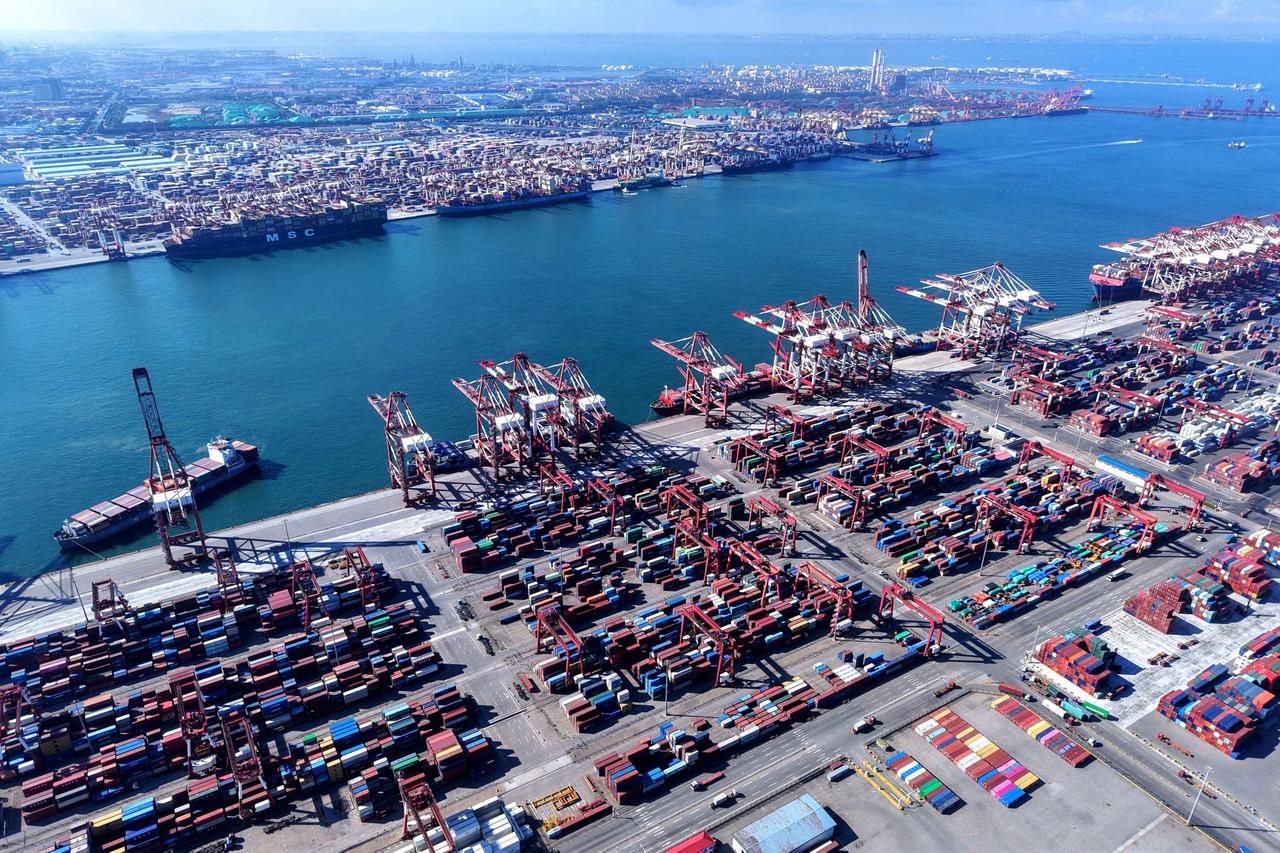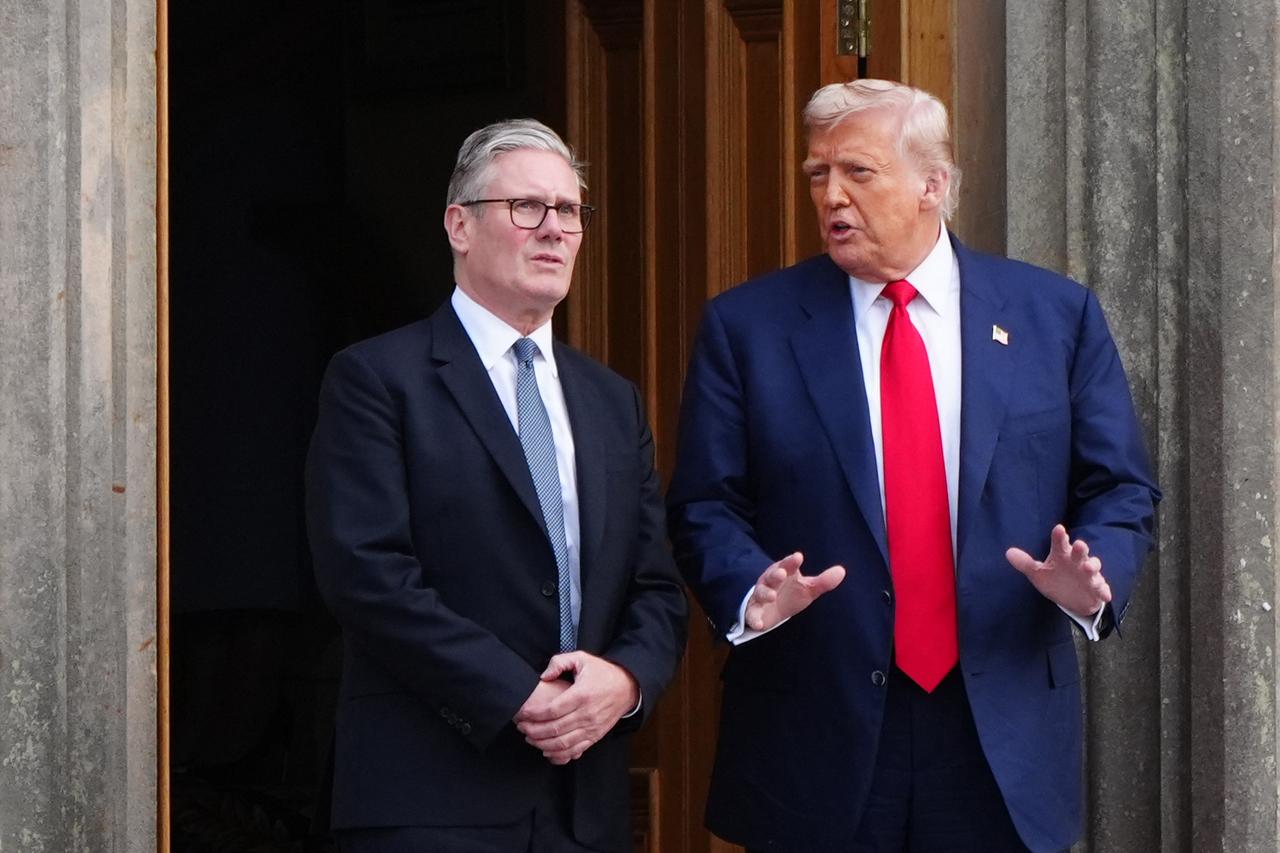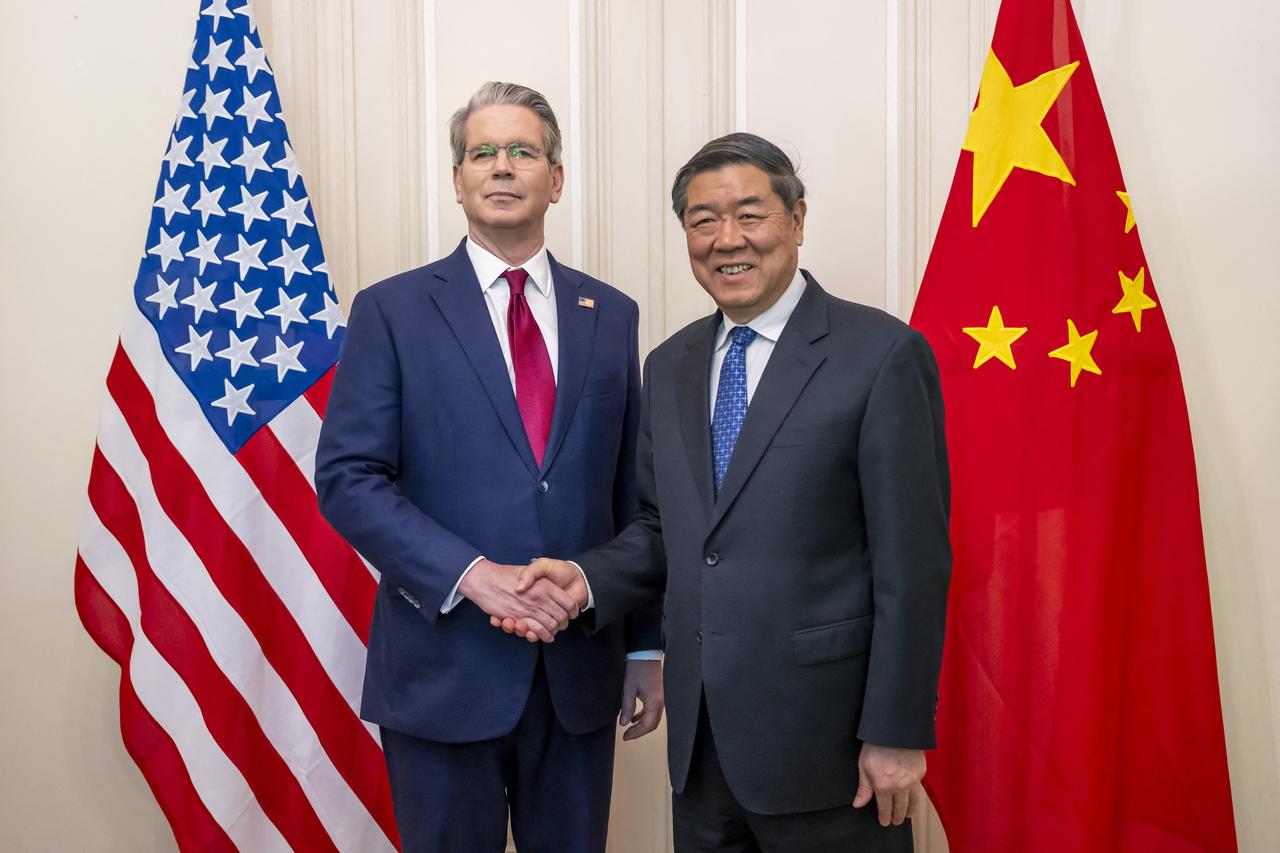
U.S. President Donald Trump confirmed on Monday that the United States will implement a new baseline tariff up to 20% on imports from countries that have not signed individual trade deals with Washington.
When Trump first introduced the global tariff plan in April, he announced that the initial baseline rate would be 10%. The policy, set to take effect on Aug. 1, is expected to disrupt global trade flows unless last-minute agreements are reached.
Trump made the announcement alongside U.K. Prime Minister Keir Starmer, stating that the global tariff rate would “probably be either 15% or 20%,” impacting all nations that remain outside of bilateral arrangements with the U.S.
To date, the United States has reached limited trade agreements with the European Union, the United Kingdom, Japan, Vietnam, Indonesia, and the Philippines. Under the new EU deal finalized Sunday, the bloc’s exports to the U.S. will be subject to a 15% tariff. South Korea is reportedly in urgent negotiations to avoid a steeper penalty.
Nations that do not conclude agreements by the end of this week risk facing elevated duties, with Trump threatening rates of up to 50% for specific countries, including Brazil and India.

Separate talks between the United States and China resumed on Monday in Stockholm as the two sides seek to extend a temporary tariff truce set to expire on Aug. 12. Current arrangements limit U.S. tariffs on Chinese goods to 30% and Chinese tariffs to 10%.
The Stockholm meeting, led by U.S. Treasury Secretary Scott Bessent and Chinese Vice Premier He Lifeng, follows a previous round of negotiations in London. No outcomes were publicly disclosed after the first day, but both delegations are expected to continue discussions through Tuesday.

Research by The Budget Lab at Yale University indicates that the Trump administration’s trade measures have driven U.S. tariff levels to their highest point since the 1930s. Countries without bilateral deals are already subject to a 10% base tariff, which is set to rise to as much as 20% under the new plan.
As the Aug. 1 deadline approaches, dozens of governments are closely monitoring U.S. negotiations with major partners, weighing their own economic exposure and options. The outcome of the next few days could have widespread consequences for global trade dynamics and economic stability.